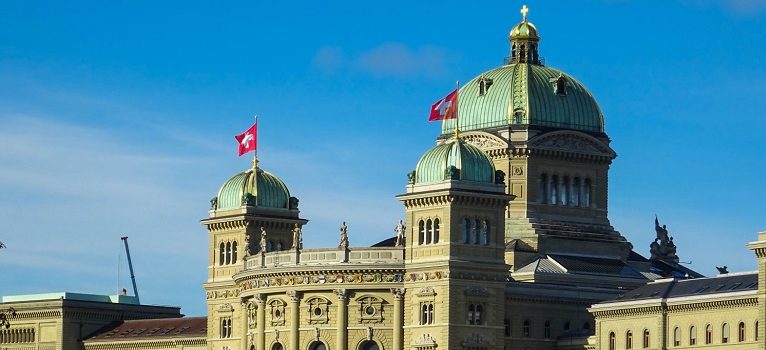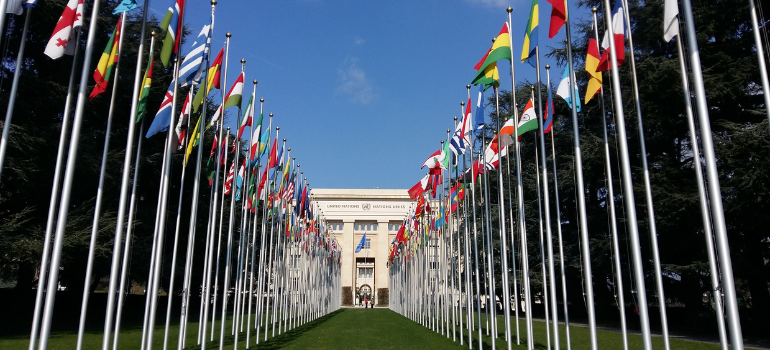CETIM focuses on the promotion and implementation of economic, social and cultural rights (ESCR). They are the backbone of human rights and a powerful tool for achieving a self determinated development model by peoples. This is particularly true for the most vulnerable and marginalised populations. Properly implemented, these rights contribute to the respect for human dignity and to the achievement of social justice. On the contrary, the violation of any of them can jeopardise the enjoyment of all the others.
The universality, indivisibility and interdependence of human rights are enshrined in international instruments. Yet, we are still a long way from their effective implementation for all, and ESCR are among the worst off. Indeed, the basic needs (food, water, health, housing, education) of a third of humanity are still not being met. In some respects, the situation has even deteriorated, including in the countries of the North. This is due to the fact that the policies adopted at economic level accentuate ESCR violations and cause
– increased poverty
– growing inequality across the world
– multiple crises (political, economic, financial, environmental, social and cultural).
By definition, human rights are designed to protect citizens from the arbitrary actions of the most powerful and their governments
The international health crisis linked to COVID-19 has only exacerbated this situation. It has also shown the importance of implementing public policies based on ESCR. In particular, the right to health, the right to housing, the right to food, the right to water, the right to work, the right to education and the right to social security.
But for human rights to be better respected, they must be known, they must be demanded and they must be enforced. However, victims are often unaware of their rights and of the mechanisms available to them for appealing (at national, regional or international level). States, which have an obligation to inform and educate their citizens about human rights, often fail in their duties.
The role played by civil society organisations and social movements in human rights education and training is therefore crucial
– to denounce human rights violations
– to contribute to the implementation of existing standards.
HUMAN RIGHTS COUNCIL 46th session February 2021 Five years after the peace accords, 250 signatories and 1,139 social leaders have been assassinated, most of them peasants, indigenous and black communities, which indicates that in Colombia, a social leader is assassinated every 41 hours.
Continue reading
HUMAN RIGHTS COUNCIL 45th session September 2020 Alarmed by information from our partners on the ground, a coalition of international and Latin American NGOs, of which CETIM is a member, recalled the worrying political situation in the country and urged the de facto government to put an end to the abuses and to guarantee access […]
Continue reading
The UN Special Rapporteur on the Right to Development presented his report on his visit to Switzerland at the 45th session of the Human Rights Council. CETIM intervened during the debate that followed this presentation to express its concerns.
Continue reading
HUMAN RIGHTS COUNCIL 45th session September 2020 CETIM and the Movement in Defense of Water, Land and Environmental Protection (MODATIMA), an active movement in defense of the right to water in Chile, collaborated in the framework of the 45th session of the UN Human Rights Council to denounce the violations of the right to water […]
Continue reading
CETIM and its partners have seized the human rights protection mechanisms of the United Nations to denounce the impunity of the perpetrators of the Sacaba and Senkata massacres.
Continue reading
« Previous
1
…
9
10
11
12
13
…
33
Next »






